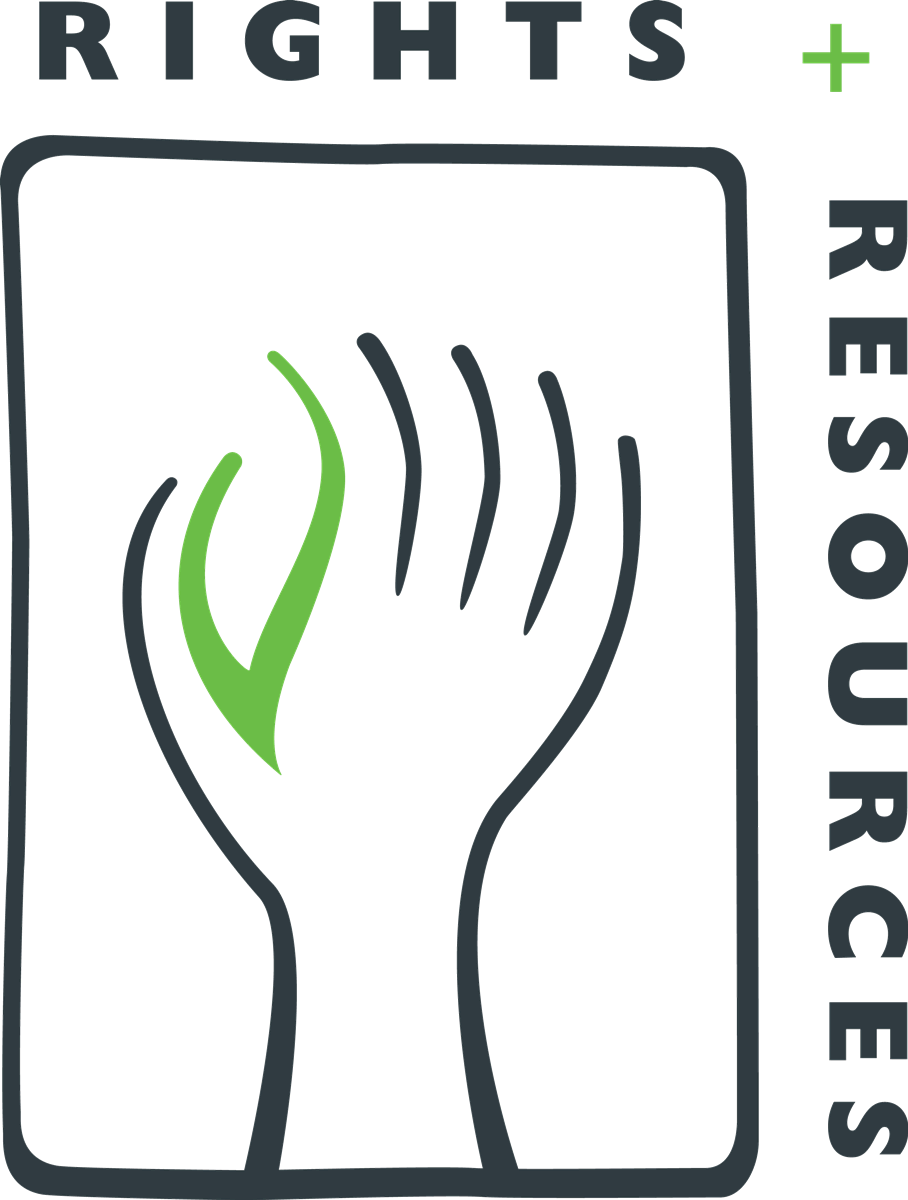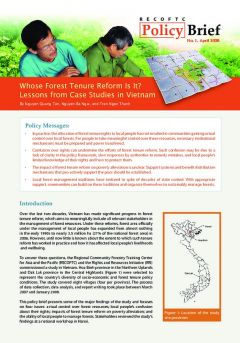Focal point
Location
The Rights and Resources Initiative is a strategic coalition of international, regional and community organizations engaged in development, research and conservation. Together, we are working to encourage greater global commitment and action on pro-poor tenure, policy and market reforms.
The RRI coalition is formed by a group of core Partners who conduct work in specific areas of their regional and thematic expertise. Partners also engage with a wide group of collaborators who participate in and support RRI activities around the world. RRI is a strategic coalition that goes beyond the traditional set of international development actors to involve a wide spectrum of organizations, each of which provides a critical perspective in the larger chain of actors necessary to advance change.
Our Mission
RRI’s Mission is to support local communities’ and indigenous peoples’ struggles against poverty and marginalization by promoting greater global commitment and action towards policy, market and legal reforms that secure their rights to own, control and benefit from natural resources, especially land and forests.
Global Challenge, a Global Opportunity
Forests cover close to 30 percent of the world's land area, and more than a billion people rely on forests to a significant extent for their food, fuel and income.
An estimated 350 million indigenous and tribal peoples are at least partly dependent on forests, including some 60 million who are substantially dependent on forests for their subsistence and livelihoods. Forests are also particularly important to poor women, who shoulder much of the burden for hauling wood and collecting and marketing forest products.
Dominant models of forest industry and conservation have often exacerbated poverty and social conflicts and have precluded pro-poor economic growth. The lack of clear rights to own and use forest land, develop enterprises, and trade in forest products has driven millions of forest dwellers to poverty and encouraged widespread illegal logging and forest loss.
The world will not meet national and global goals to reduce poverty and protect the environment unless poor peoples' rights to land and resources are strengthened. Neither will the world effectively mitigate or adapt to climate change without clarifying local tenure and governance. The next two decades are critical--both for the poor and for the forests.
There are reasons for optimism. Organizations of indigenous peoples and forest-dwelling communities are gaining voice and opportunity, and after decades of limited action many countries are beginning to consider far-reaching legal and policy reforms. There is a major opportunity to advance the rights and livelihoods of forest peoples by establishing the institutional foundations for sustained conservation and forest-based economic development.
Resources
Displaying 86 - 90 of 109Forest Tenure Reform in Viet Nam: Case Studies from the Northern Upland and Central Highlands Regions
This study is part of a project implemented by the Regional Community Forestry Training Center for the Asia and Pacific (RECOFTC) in collaboration with the Rights and Resources Group (RRG) to advance policy and market reforms in four countries: Cambodia, Lao PDR, Thailand, and Viet Nam. The overall goal of the project is to reduce poverty in forest areas, expand sustainable forest use and trade, and increase the effectiveness and impact of regional analysts and institutions in advancing pro-poor forest policy and market reforms.
Whose Land is it? Commons and Conflict States. Why the Ownership of the Commons Matters in Making and Keeping Peace
Addresses the tenure fate of three commons: the 30 million hectares of pasture lands of Afghanistan which represent 45 percent of the total land area and are key to livelihood and water catchment in that exceedingly dry country; the 5.7 million hectares of timber-rich tropical forests in Liberia, 59 percent of the total land area; and the 125 million hectares of savannah in Sudan, half the area of that largest state of Africa. All three resources have a long history as customary properties of local communities and also share a 20th century history as the property of the state.
Whose Forest Tenure Reform is it? Lessons from Case Studies in Vietnam
Over the last two decades, Vietnam has made significant progress in forest tenure reform, which aims to meaningfully include all relevant stakeholders in the management of forest resources. Under these reforms, forest area officially under the management of local people has expanded from almost nothing in the early 1990s to nearly 3.5 million ha (27% of the national forest area) in 2006. However, until now little is known about the extent to which such tenure reform has worked in practice and how it has affected local people’s livelihoods and wellbeing.
Poverty Reduction and Forests: Tenure, Market, and Policy Reforms
RECOFTC and RRI co-organized the International Conference on Poverty Reduction and Forests: Tenure, Market, and Policy Reforms, which was held 3-7 September 2007 in Bangkok.
Power, progress and impoverishment: Plantations, hydropower, ecological change and community transformation in Hinboun District, Lao PDR
This report documents the contemporary ecological, social and economic transformations occurring in one village in Lao PDR’s central Khammouane province under multiple sources of development-induced displacement. Rural development policy in Laos is focused on promoting rapid rural modernisation, to be achieved through foreign direct investments in two key resource sectors: hydropower and plantations. Laos’ land reformprogram is also a key component of the changes underway in the countryside, as swidden (or shifting) upland cultivation is targeted for stabilisation and elimination.








